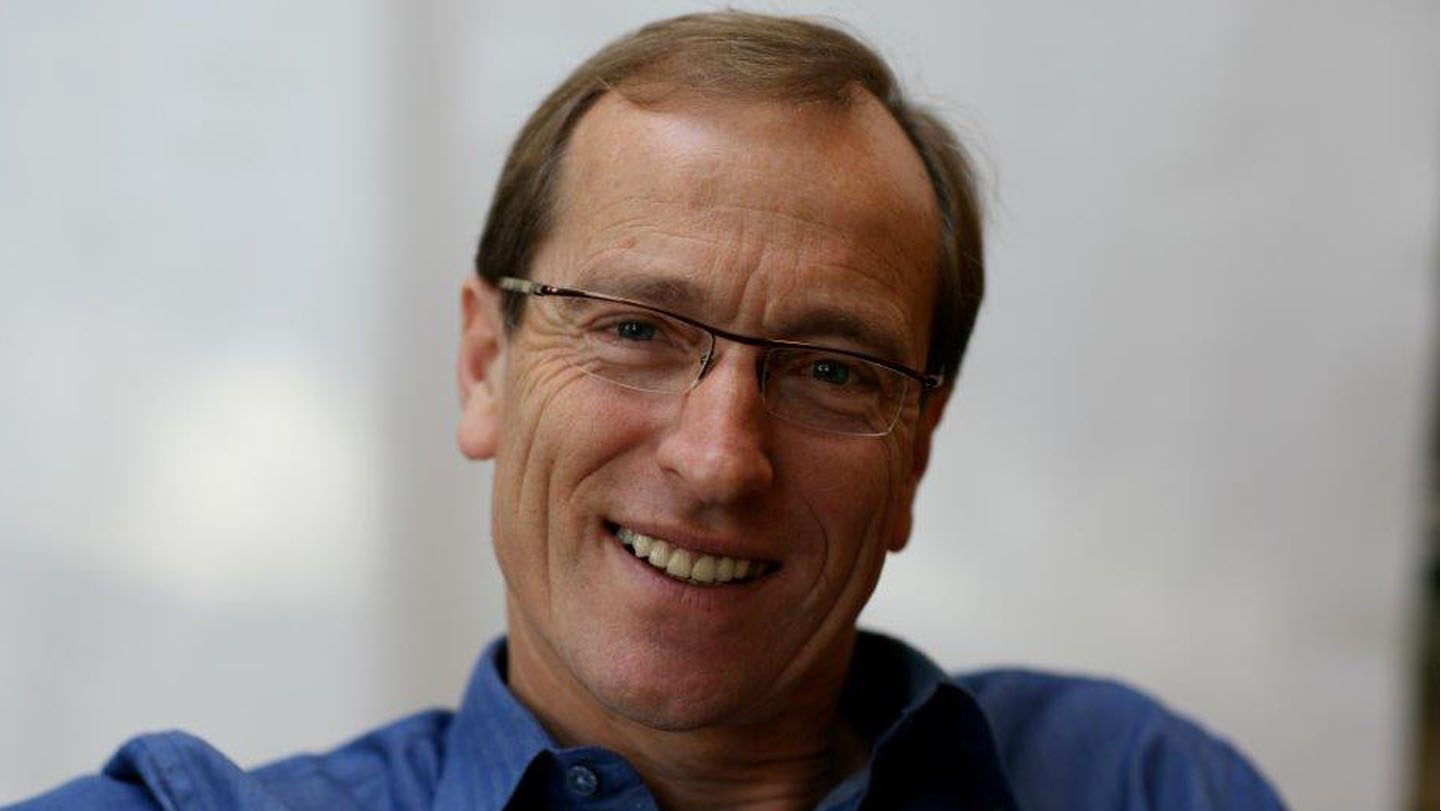Last week I heard our Prime Minister, Rishi Sunak, say ‘We need to change our politics’ and ‘I am going to change Britain’.
Sunak is not the first political leader to suggest that we need to change our politics. His words took me back to a powerful speech in 1979.
That speech inspired me and many like me to help set up a new party committed to changing our politics. It was the 1979 Dimbleby Lecture by Roy Jenkins, a former Labour Home Secretary who was then President of the European Commission. He criticised the excessive partisanship of the two party system which he said alienated the bulk of voters and created a dysfunctional ‘see-saw’ of short term initiatives introduced by one government and reversed by the next.
‘The paradox is that we need more change accompanied by more stability of direction. It is a paradox but not a contradiction. Too often we have superficial and quickly reversed political change without much purpose or underlying effect.’
He wanted change, of course, but change that would stick. He wanted a politics that valued wealth creation but spread the benefits throughout society. He argued against excessive bureaucracy, xenophobia, insularity, the class system and a ‘get rich quick society’. He argued for a the right of dissent, the liberty of private conduct, and the devolution of decision making wherever practicable.
Jenkins’ vision of a different kind of politics appealed to me. He emphasised the importance of re-affirming the many things about our society that most people could agree on. He wanted our system to build agreement between political parties around certain long term objectives. That would allow investors and the private sector and many others in the private, public and third sector to plan ahead and think more long term themselves.
Unlike Sunak, Jenkins went beyond slogans to describe the crucial ingredients of ‘change that would stick’. The first was consistency. Take the NHS. The last thing it needs is constant re-organisation. We need governments that prepare the soil, plant something, and then give it time and space to flourish.
The need for consistency leads in turn to a different way of arriving at consensus. For Jenkins in 1979 that meant electoral reform. A first-past-the post voting system tends to leave voters deciding what they most fear and should therefore vote against. A proportional voting system (PR) allows voters to express positive preferences without the fear that they will be wasting their vote. Today the two large parties still set their faces against PR even though the 2022 Labour Party Conference voted for it.
There are other methods a government could use to seek out consensus and to create a foundation of long-term cross-party agreement. There are all kinds of public consultation processes – for example citizen’s juries – that could be used. If Roy Jenkins were alive and active today I have no doubt he would be supporting experiments of this kind.
The third condition for ‘change that would stick’ is coherence. As Henry Dimbleby – grandson of Richard Dimbleby in whose memory Jenkins’ lecture was given – will be arguing at the November Anthropy conference – in a country with a costly obesity crisis why pour taxpayers’ money into the health service if you are not prepared to reduce pressure on it by tipping the balance towards healthy eating. Equally any government that is serious about a coherent approach to long term change will prioritise a commitment to the wellbeing of future generations, as the Welsh government has done. The Net Zero legislation passed by the Conservatives in 2019 under the Coalition Government is another step in this direction. It makes it much harder for ministers to dodge hard decisions when they become unpopular.
Individual sections of the business community may have criticised the HS2 decision on the grounds that such a policy reversal will discourage investment. Yet I have not heard a powerful case made on behalf of the whole business community for a long term, cross-party, consensus-building approach across all aspects of infrastructure and public service planning investment.
Never has the combined voice of business in this been more important, and never has it seemed weaker. We need the CBI, the British Chambers of Commerce, the Trades Union Congress and the many industry associations that represent business to come together and develop a non-partisan long term manifesto for infrastructure and public services as abasis for better wealth creation. Most of all, we need to hear the combined voice of business championing action on climate change and challenging our government’s weakening of its commitments to Net Zero.
In the meantime, thank goodness for Anthropy, whose 2023 conference is about to be held. At least here is one non-party political forum of leaders from every sector – including business – who want our country to be better for our children and who come together to talk about long term solutions that will stick, to the benefit of our children and grandchildren.
Mark Goyder is Founder of Tomorrow’s Company and co-author, with Ong Boon Hwee of Entrusted – stewardship for responsible wealth creation. On behalf of Tomorrow’s Company he is organising a range of discussions at the Anthropy Conference (1-3 November)
